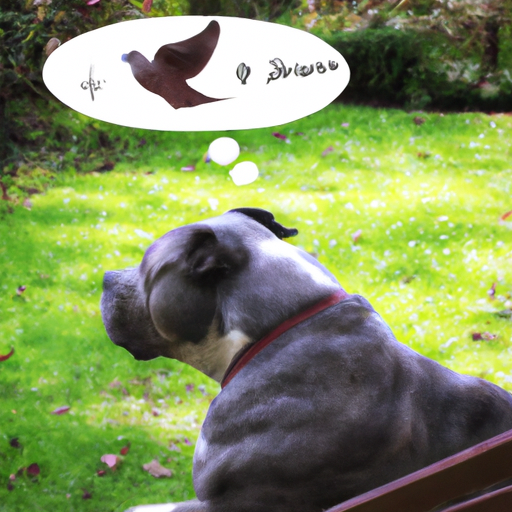As someone who cares deeply for your canine companion, it can be unnerving and distressing to see signs of aggression manifest in their behavior. This guide is here to help you understand why this might be happening, and how you can help your four-legged friend become the gentle and loving creature you know they can be.
Understanding the Causes of Aggression
Before we delve into remedies, it’s crucial to understand that aggression in dogs, much like in humans, is often a symptom of an underlying issue.
Your dog could be aggressive due to:
- Pain or discomfort
- Fear or anxiety
- Possessiveness
- Frustration
- Territory defense
Understanding the root cause of the aggression is the first step towards addressing it.
Training Techniques to Curb Aggression
Once you’ve established the possible cause(s) of your dog’s aggression, you can start implementing training techniques that can help modify their behavior.
-
Positive reinforcement: Reward your dog for good behavior. This could be a treat, a toy, or simply some love and affection.
-
Redirected aggression: If your dog is showing signs of aggression, try to redirect their attention to something else. This could be a toy, a command, or a different activity.
-
Socialization: Expose your dog to different environments, people, and other animals under controlled circumstances to help them become more accustomed to various situations.
-
Professional help: If your dog’s aggression continues despite your best efforts, consider seeking help from a professional dog trainer or behaviorist.
Diet and Exercise: Their Role in Your Dog’s Behavior
A well-balanced diet and regular exercise can significantly impact your dog’s behavior.
| Diet | Exercise |
|---|---|
| A balanced diet ensures that your dog is getting the right nutrients, which can affect their mood and behavior. | Regular exercise can help your dog burn off excess energy, which can sometimes manifest as aggression. |
Creating a Safe and Comfortable Environment
Your dog’s environment plays a significant role in their behavior. A chaotic or stressful environment can trigger aggression in dogs. Make sure their living conditions are comfortable, safe, and stress-free.
-
Safe spaces: Designate specific areas in your home where your dog can retreat when they feel stressed or anxious.
-
Routine: Dogs thrive on routine. Consistent meal times, play times, and sleep times can help your dog feel more secure and less likely to exhibit aggressive behavior.
-
Stress-free environment: Minimize loud noises, sudden changes, and other stress-inducing factors in your dog’s environment.
Frequently Asked Questions
What can cause sudden aggression in dogs?
Sudden aggression in dogs can be caused by several factors, including pain, fear, frustration, or changes in their environment.
How can I stop my dog from being aggressive towards other dogs?
Socialization, training, and creating a safe environment can all help reduce aggression towards other dogs.
Can a vet help with dog aggression?
Yes, a vet can help identify if your dog’s aggression is due to a medical issue and recommend treatment or refer you to a behavioral specialist.
Remember, your patience, understanding, and consistent effort are the keys to helping your furry friend overcome their aggressive tendencies. With love and care, you can guide them towards better behavior, ensuring a happier and healthier life for them, and a more peaceful co-existence for you both.



